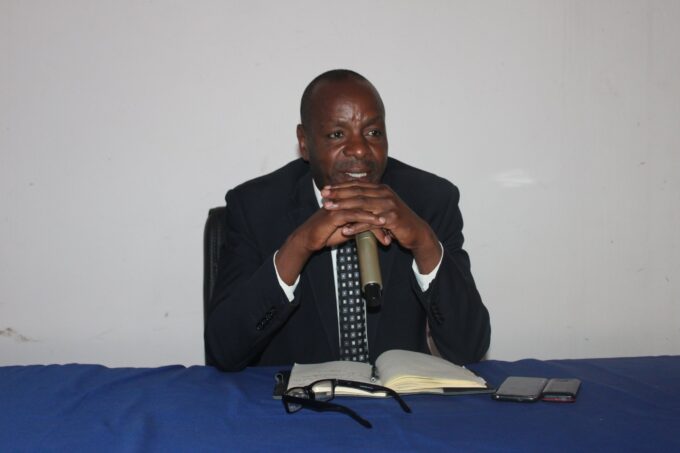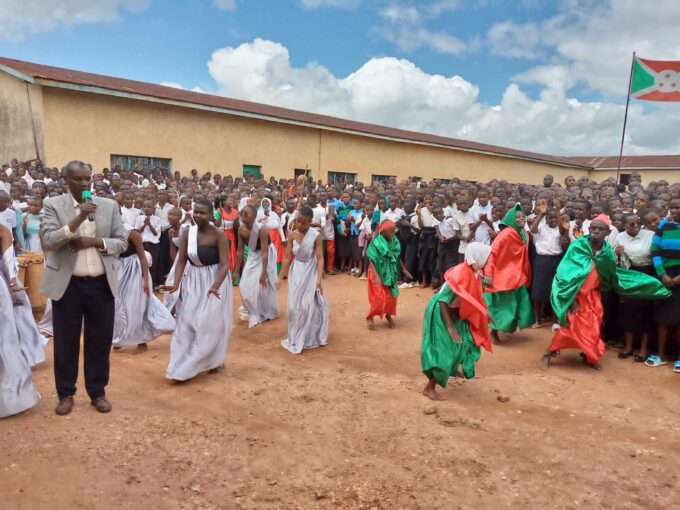Burundi’s Coalition for Education for All “Bafashe Bige”, a network of civil society organizations promoting quality education, has raised concerns over what it calls a “deteriorating school system” after the government released admission scores for ninth-grade students moving on to the post-fundamental cycle.e.
Speaking to Radio Isanganiro earlier on Monday, coalition’s president Jean Samandari criticized the new admission thresholds, describing them as “unsatisfactory” and warning that the country’s education sector is heading toward a severe decline. He urged the government to take immediate action to address the looming crisis.
Last week, the Office of the Secretary General announced the results for students progressing to post-fundamental education for the 2025–2026 school year. According to the statement, students now need a minimum score of 70 out of 200 (35%) to qualify for post-fundamental education. Admission to boarding schools requires 98 out of 200 (49%).
However, students from the Batwa minority community will be admitted to boarding schools with the lower threshold of 35% as part of an affirmative action policy encouraging continued education.
Samandari expressed grave concern over these figures.
“Looking at those results, it’s clear they are neither good nor satisfactory. They show the quality of education is declining,” he said.
He contrasted this with the former system, where students needed at least 50% to progress to secondary school. He also noted that the current state examination for a diploma still requires a minimum of 50%, creating a significant gap.
“If students move forward with such low grades, it becomes extremely difficult for them when they face the state exam required for university admission,” he warned. “Year after year, results keep falling. Tomorrow we may see thresholds drop to 20% or even 10%.”
Systemic Problems and Worsening Learning Outcomes
Burundi’s education system has long struggled with structural challenges such as overcrowded classrooms, high repetition rates, and rising dropouts.
Earlier this year, during a sector review meeting supported by UNICEF and development partners, Bangirinama Frédéric, the Permanent Secretary at the Ministry of Education, acknowledged these deep-rooted issues.
“It is evident that the system faces problems of access and equity, poor learning outcomes, high repetition and dropout rates, and a mismatch between training and labor market needs,” Bangirinama said.
At another high-level meeting in Gitega, Minister of Education François Havyarimana expressed concern over what he called “a worsening decline in French language proficiency” among students. He linked this trend to reduced instructional hours and the shortening of the curriculum from 13 years to 12 years.
“This change has significantly affected learning quality across all subjects,” the minister said.
Samandari has called for preemptive government measures and collective community involvement to reverse the downward spiral.
“Things keep getting worse. It is urgent to take action. Education is one of the most important sectors for a nation’s future,” he concluded








Leave a comment